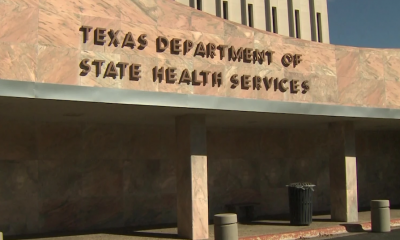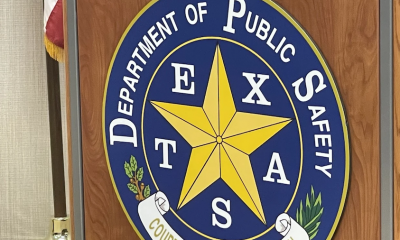How defendants in low-level cases were treated for ages in Harris County was not just unconstitutional, it was an embarrassment and a senseless waste of taxpayer dollars to feed and house people who don’t need to be locked up. Even small bail requirements — say, $500 or $1,000 — would keep someone in jail for weeks or months, despite being neither a flight risk nor a danger to the community.
Harris County’s current approach to nonviolent misdemeanors, releasing most without cash bond, is needed everywhere in Texas.
Instead, what the 2021 session has produced are two bills that expand cash bail for misdemeanors.
“If someone is locked up over the weekend for getting into a mess and has access to $1,000, he’s going to be at work Monday morning,” Whitmire told the board Tuesday. “If he doesn’t have the $1,000, he won’t — he’ll be sitting in jail.”
HB 20 would require those charged with a Class A or B misdemeanor to sit in jail for up to 48 hours while a magistrate reviews risk assessment results. Many defendants who pose no risk at all would be confined for two days — and potentially longer if cash bail is set higher than they can afford.
Whitmire called that unconscionable — and we do, too.
“Murr has done a lot of things right. He listened to everyone’s views. He’s made compromises. But I can’t see myself voting for a system that means poor people will stay in jail on low-level charges and those with money walk out,” he said.
Some aspects of HB 20 do make sense. It would require training for all magistrates on factors that lead to flight risk or community danger and establish a uniform risk-assessment tool for all Texas courts. Critics rightly note that such tools often give weight to factors that disproportionately impact minorities and poor defendants. That’s reason for caution, but Murr’s bill insists that nondiscriminatory factors be used.
We appreciate any lawmaker listening to concerns and seeking compromise.
We oppose HB 20 as it’s written, first, because it fails to end the unconstitutional practice of poverty jailing across Texas. Second, because it does nothing to prevent the kind of leniency that allows dangerous defendants to walk out of jail just because they have money.
What this editorial board has called for is a system that keeps dangerous people, those who pose imminent threats or legitimate risks of fleeing ahead of trial, in jail, whether rich or poor.
The true obstacle Abbott and others face in doing that isn’t Harris County’s reforms. It’s the Texas Constitution, which guarantees that very few people can be denied bail initially unless they are charged with capital murder.
Changing the Constitution to allow more truly dangerous people to be held without bond is what lawmakers should have been discussing this session. That solution isn’t perfect, either, and it certainly wouldn’t please Republican allies in the bail bond industry. But it makes more sense than advancing faux “bail reform” that masquerades as public safety legislation when it does little more than trap poor, low-level defendants in jail.
Whitmire and other senators genuinely concerned about public safety must work to improve HB 20 so that it targets the truly dangerous and lays groundwork for expanding the misdemeanor reforms already working in Harris and Dallas counties.










